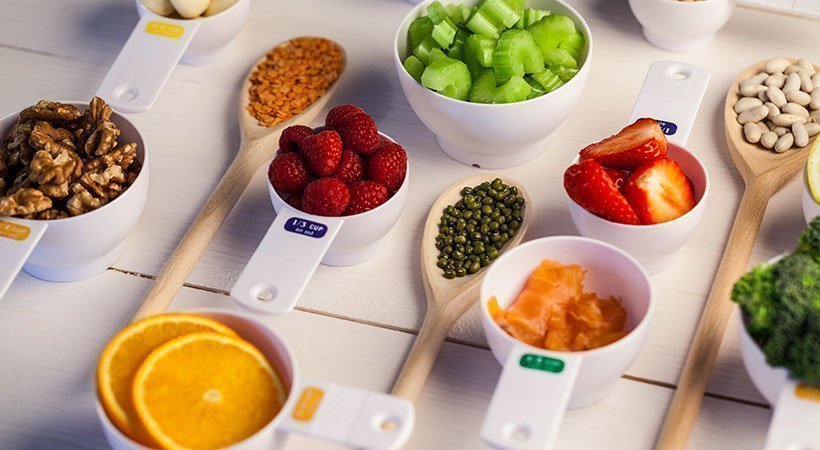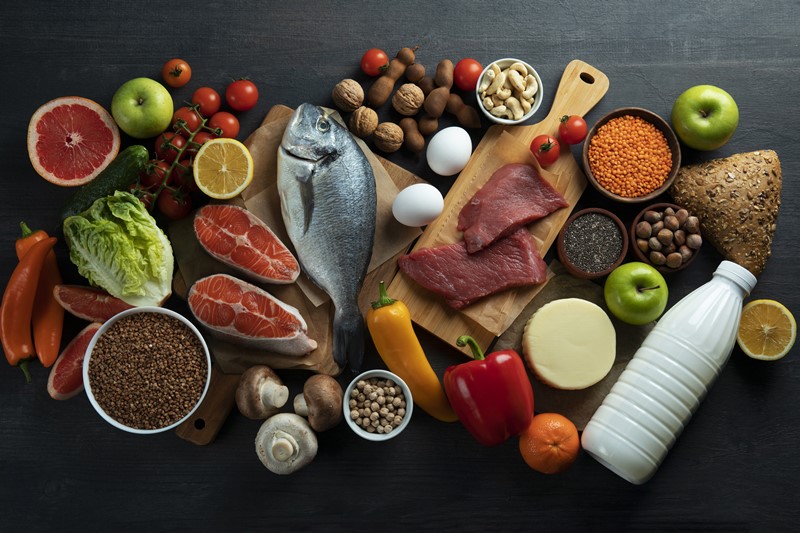Oh yes – It is possible to celebrate the season without gaining weight! Even if you are motivated, the holiday season is challenging for everyone. Staying on track can seem quite overwhelming. However, you can still have fun without giving up your healthy habits.
Here are some simple strategies to avoid holiday weight gain:
Do Not Skip Meals, Split Them!
During the holiday season, eating out should not be an excuse to eat unhealthy. To avoid overconsumption, avoid going out for lunch or dinner on an empty stomach. Food cravings can be your worst enemy but can be prevented by drinking plenty of water. Eating protein may reduce your appetite and keep you from overeating. To avoid getting extremely hungry, eat regularly and keep healthy snacks close at hand such as an apple or yogurt. This will stop you from overeating appetizers which tend to be rich in carbohydrates and fats.
Know Appropriate Portion Sizes

A varied and balanced diet is essential to staying healthy. A healthy diet means choosing the right foods while knowing appropriate portion sizes. During the holiday season, it is equally important to follow the dietary recommendations for portion sizes. You should avoid eating more than your body needs. According to nutritionists, half of your plate should be composed of vegetables, one quarter for a source of protein such as meat or chicken and the remaining one quarter for carbohydrate such as rice. If you choose the correct amount of food, it will be easier for you to satisfy your hunger. For dessert, we all need a little indulgence from time to time especially during the holiday season, so choose a smaller amount and opt for fresh fruits instead of large amount of highly sweetened choices.
Eat and Move!
During the holiday season, be sure to exercise or keep moving. Walking just after a meal can help you avoid holiday weight gain. Dancing is also an excellent choice of exercise, as much for its fun as for the calories you burn.




